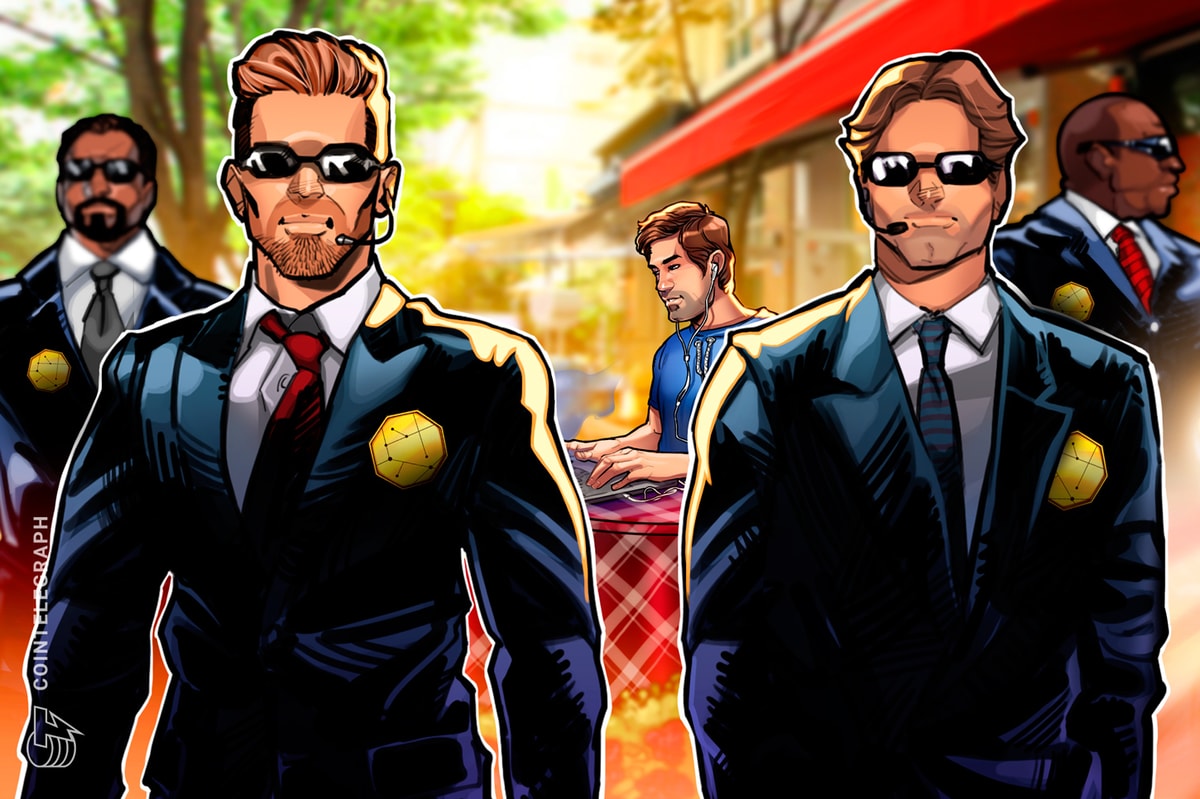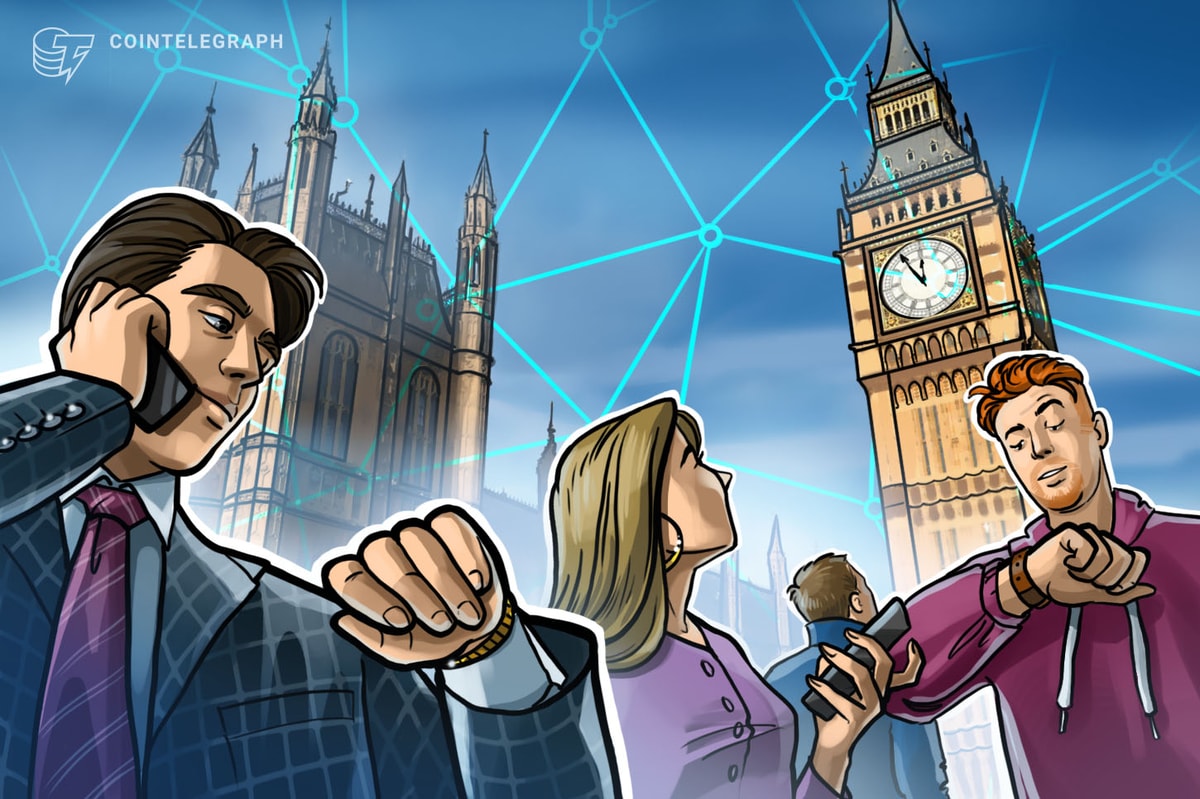
Elizabeth Stark is the cofounder and CEO of Lightning Labs, the California-based startup spearheading development of the lnd Lightning implementation.
Elizabeth Stark is the cofounder and CEO of Lightning Labs, the California-based startup spearheading development of the lnd Lightning implementation. Coming from an academic and tech policy background, she has been involved with Lightning since its earliest days as a reviewer of the Lightning Network white paper. She has played an integral part in popularizing this technology to bring cheap, instant and private payments to Bitcoin as a second-layer solution.
Elizabeth, the Lightning Network has come a long way from the initial publication of its white paper. What has surprised you the most so far?
I've been quite surprised by the speed of growth and adoption. Things changed so dramatically in the last year in the world of Bitcoin and Lightning. For our lnd implementation, we released the beta mainnet version on March 15, 2018, and if you had told me the adoption of the technology would have happened at the pace it did over the past year, I wouldn't have believed it. The degree of developer uptake, user enthusiasm and companies building on top of Lightning have all far exceeded my expectations.
One important caveat here is that despite the huge growth in nodes, channels and funds on the network, we still have limits in place to ensure that people don't put more money on the network than they're willing to lose. It is early beta software after all.
What’s the biggest misconception about Lightning?
Quite a lot of people think that with Lightning you trust your counterparty, but the entire system was designed to specifically avoid this. The brilliance of it is the series of contracts that enable you to go back to the blockchain in case of any kind of dispute, and both parties are able to recover their funds.
What about an interesting, yet largely unknown fact?
Not all capital on Lightning is equal. Alex Bosworth on our team has been doing some great work on analyzing Lightning liquidity and node connectivity, and this is a theme that I think we'll see evolve substantially over the next few years.
Where do you see Lightning in a year from now?
This coming year is all about building out the infrastructure to make things work as simply as possible. Some of our big areas of focus are Neutrino (the privacy-preserving light client technology that enables lnd to run on mobile phones and laptops in a non-custodial manner), autopilot and node scoring (which will automatically open channels for users and help ensure they're reliable) and watchtowers (which ensure that channel counterparties can't cheat if a user goes offline for an extended period of time). The goal is to ultimately get to a point where it just works; as one of our engineers likes to say, “basic payment — executed perfectly.” The path to getting there is long and arduous, but I'm confident we will make it happen.
How about in ten years from now?
The ten-year vision is that of a new decentralized financial infrastructure for the world. Why can't I just send value on the internet in the way I can send a photo in any app? There was a point when it was a crazy idea to send an email to anyone around the world. I see the role of Lightning as making it seem crazy that we couldn't send money instantly, around the world.
What are the biggest challenges to getting there?
Usability and infrastructure, hands down. I'm very passionate about the usability angle because I believe in order for this technology to reach the masses, it has to be elegant and easy to use. And in many cases, the reason why it's not yet easy to use is because the requisite infrastructure isn't there to make it possible. Building infrastructure is hard and takes time, especially at the protocol level. A lot of people want everything to be ready right away, but that's not how technology works. So it'll just take time to build it all out.
Does Lightning need a killer app? If so what is it, or what will it be?
I'm not sure it does. The way that I see things evolving is that there will be tons of applications that people use, and they will meet different needs for different people. For example, I'm a huge fan of lndwork, a Mechanical Turk-like site that lets people earn satoshis by completing tasks. For some people around the world, the ability to instantly earn bitcoin will be huge, but for others, they may prefer to use Lightning in video games or to tip people or buy pizza or feed chickens. I'm particularly excited about the use cases that we hadn't even thought of — feeding chickens was definitely in this category — and I know there will be many more of those to come.










